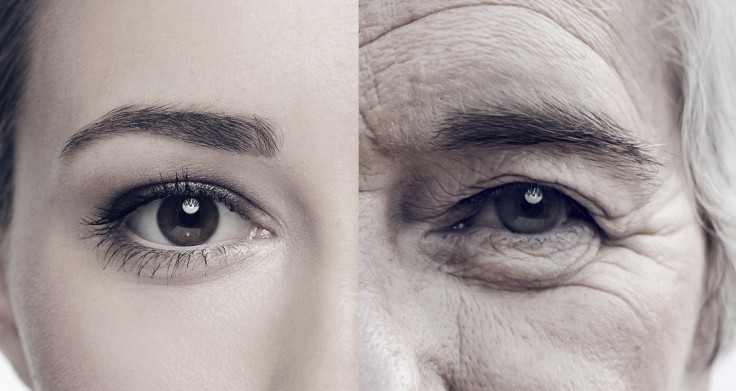Ageing study: Why some people get older three times faster than normal

Some people get older three times faster than normal, while others appear to have the secret to long-lasting youth, a study has found.
An international team of researchers looked at more than 1,000 people born between 1972 and 1973 in Dunedin, Auckland, and used a new method to determine their biological age.
The findings, published in the journal PNAS, showed that the biological age of the participants – aged 38 according to their dates of birth – varied from under 30 to almost 60 years old.
Scientists used 18 biomarkers to determine people's biological ages, including their body mass index, white blood cell count, blood pressure and waist-hip ratio.
The participants had been tracked from birth to present day and over this time, they had been interviewed and assessed on a regular basis. After assessing the participants at the age of 38, the authors returned to the data collected at the age of 26 and 32.
They drew a slope for each variable adding the 18 biomarkers to determine the individual participant's biological pace of ageing.
Most participants were found to be "clustered" around one biological year per chronological year – but others aged drastically faster, while others appeared to have a slowed ageing process. People who were ageing more rapidly were found to be less physically able, showed some cognitive decline, had worse health and appeared older.
Dunedin study director Professor Richie Poulton said: "As we expected, those who were biologically older at age 38 also appeared to have been ageing at a faster pace. A biological age of 40, for example, meant that person was ageing at a rate of 1.2 years per year over the 12 years the study examined."
The authors hope to use their findings to identify people with accelerated ageing and apply therapies that may in the future slow the process.
"Currently, we are largely stuck in an 'ambulance at the bottom of the cliff' situation. And by 2050, the world population aged 80 years and over will approach 400 million people, so we are facing an enormous global burden of disease and disability unless we can extend healthy lifespans," Poulton said.
First author Dan Belsky, an assistant research professor at Duke University's Center for Aging, added: "The time is right for this kind of multifactorial way of measuring the ageing process, but the measures and methods will have to be refined to be "better, faster and cheaper.
"Ageing itself has to be the target to prevent multiple diseases simultaneously, otherwise it's a game of whack-a-mole."
© Copyright IBTimes 2025. All rights reserved.






















